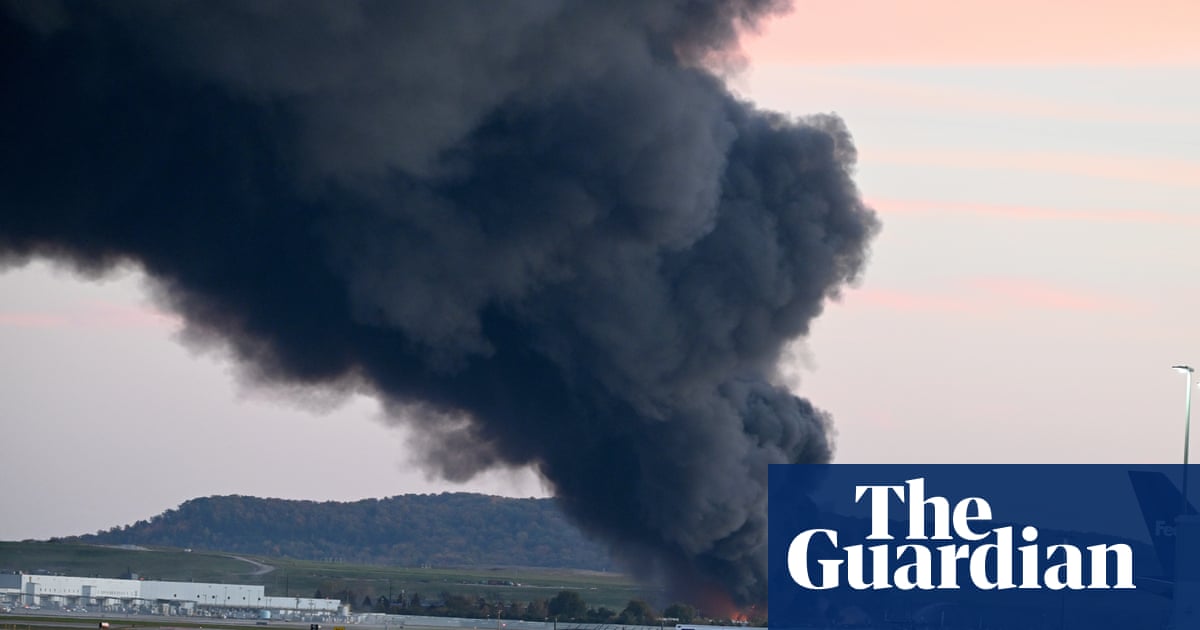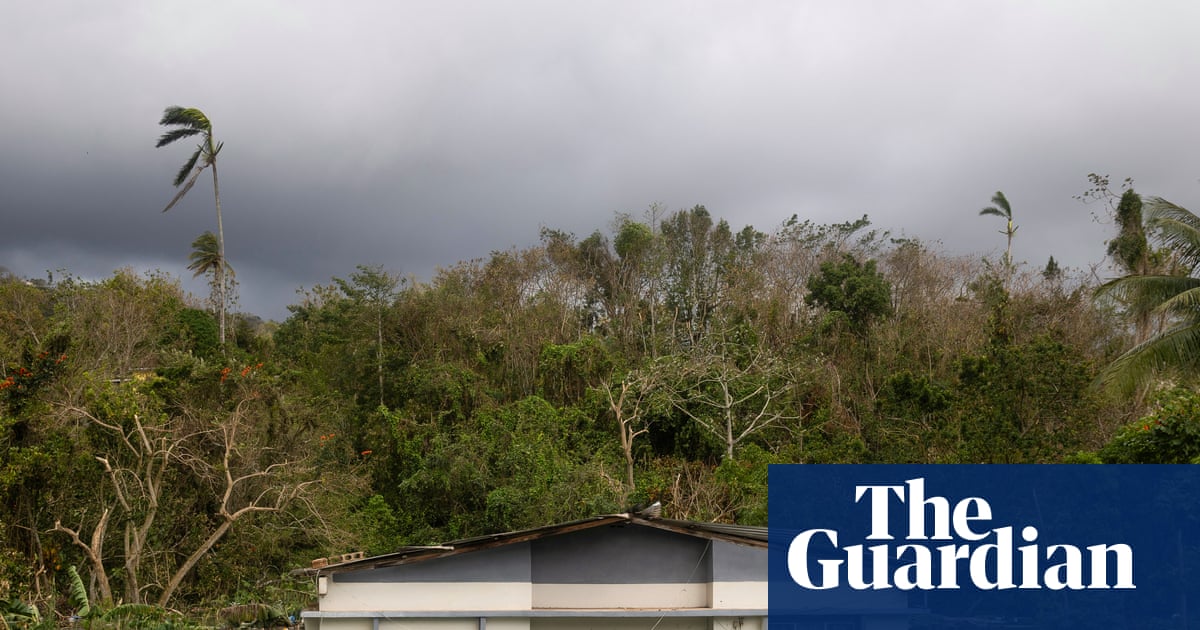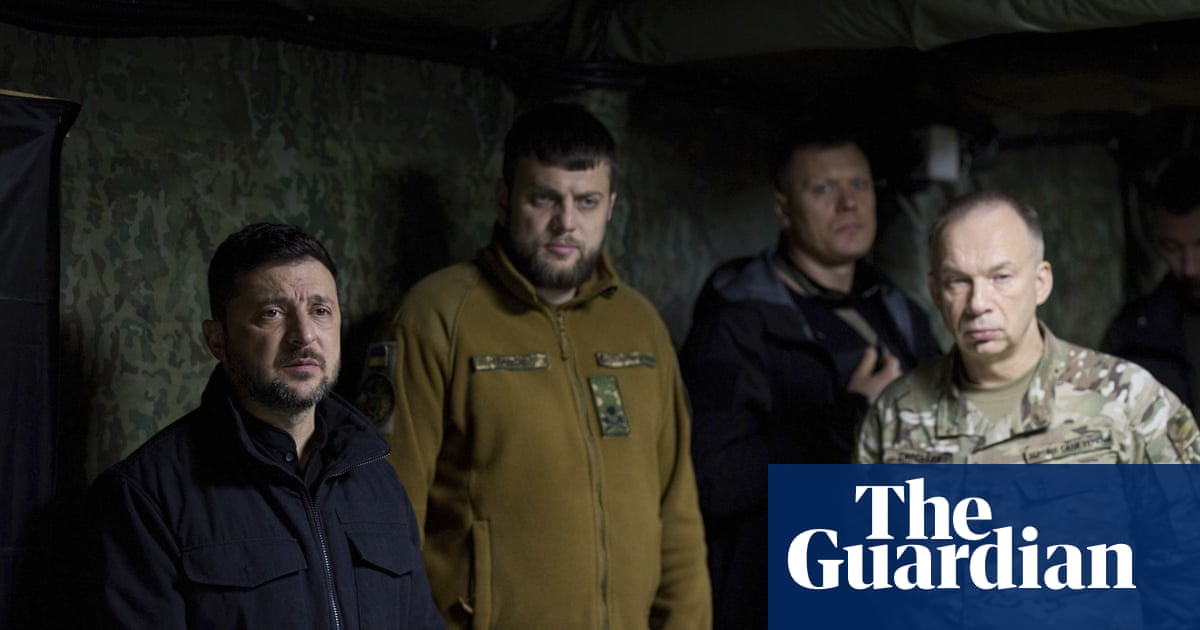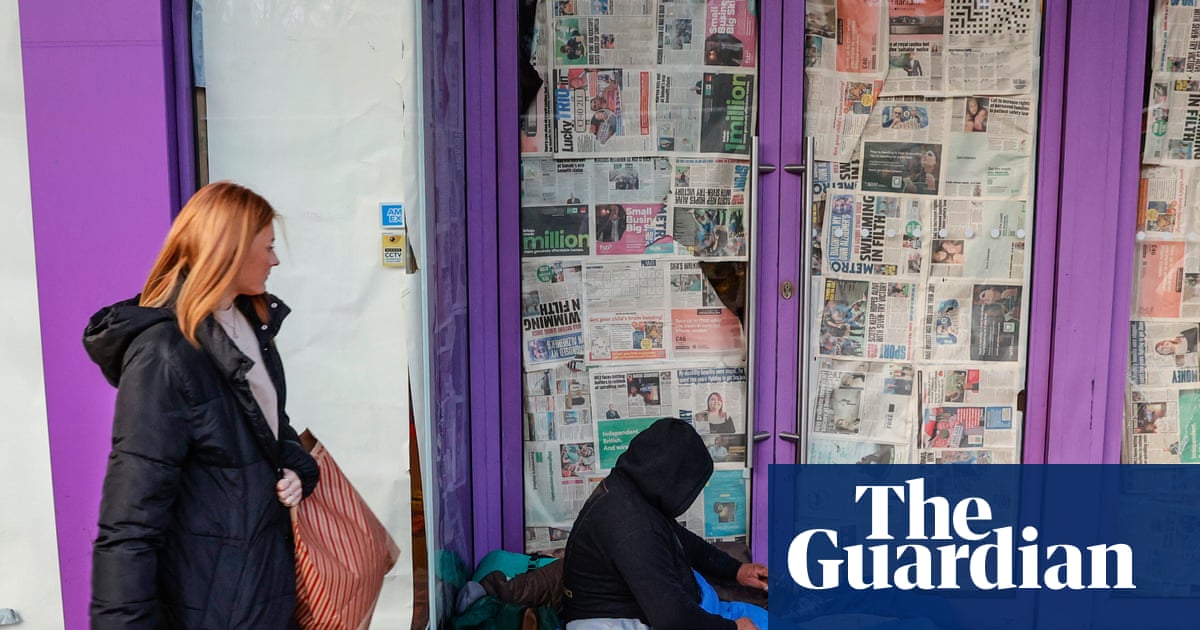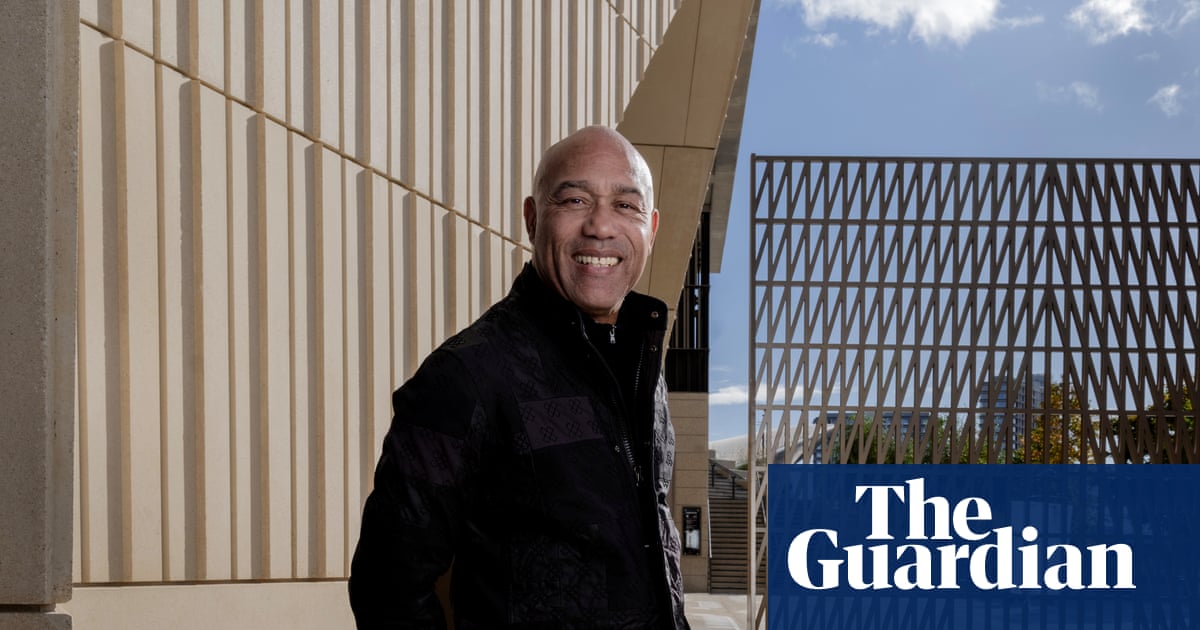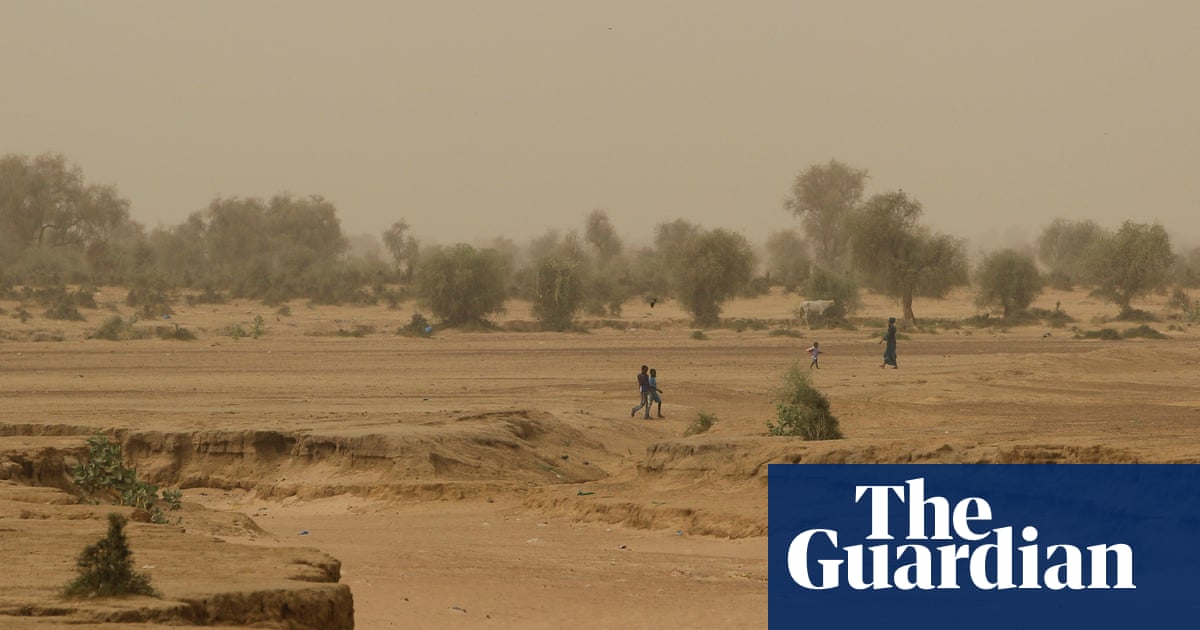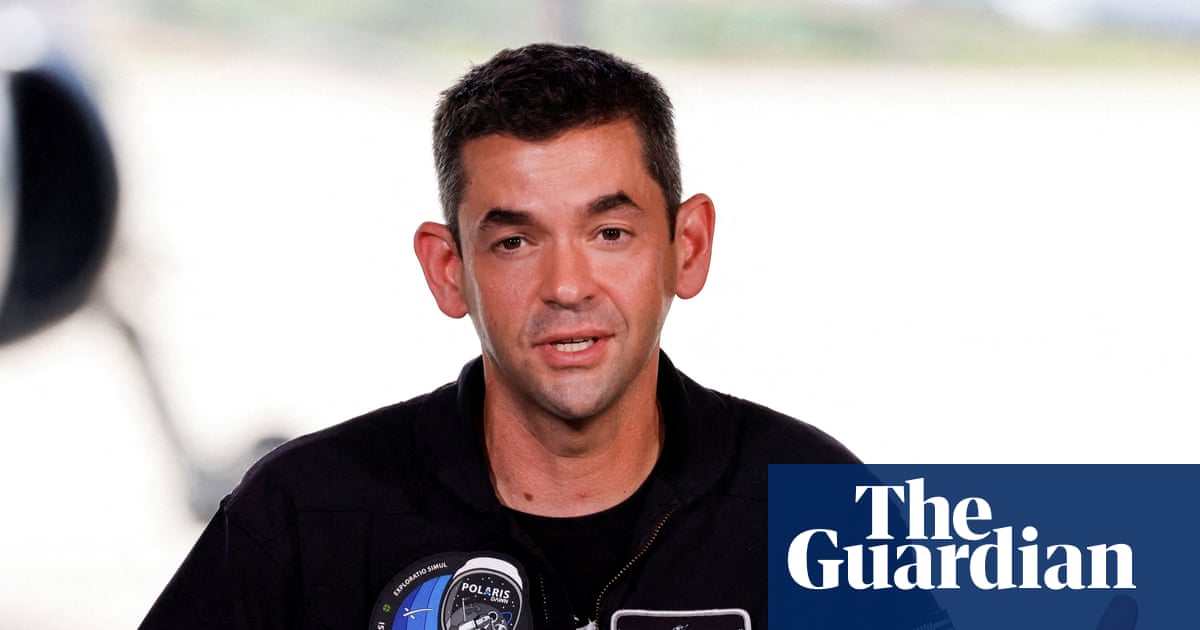The Israeli military struck the Syrian defence ministry in Damascus twice on Wednesday as it intervened in the clashes between the Syrian army and Druze fighters in southern Syria in the country’s deadliest violence in months.
The strikes collapsed four floors of the ministry and ruined its facade. Syrian state media said that at least two officers had been wounded and staff were reportedly sheltering in the building’s basement.
It was the first time that Israel had targeted Damsacus since May and the third day in a row it had conducted airstrikes against the Syrian military.
A spokesperson for the Israeli military said the strike on the defence ministry had been a “message to [the Syrian president Ahmed] al-Sharaa regarding the events in Suweida”. The Israeli military struck Syrian tanks on Monday and has continued to conduct drone strikes on troops, killing some soldiers.
Israel has said it will not allow the Syrian army to deploy in the south of the country, and that it would protect the Druze community from the Damascus government. Many in the community have rebuffed Israel’s claim of patronage for fear of being viewed as a foreign proxy.
The Israeli bombing added another complication to an already escalating conflict between Syrian government forces, Bedouin Arab tribes and Druze fighters. More than 200 people have been killed in four days of clashes, according to the UK-based Syrian Observatory of Human Rights.
The continued clashes pitting mostly Sunni government forces against Druze fighters have prompted fears of a wider sectarian conflict. An attack in March by remnants of the ousted regime of Bashar al-Assad on security forces led to bloodletting in which more than 1,500 people were killed, most of them from the minority Alawite community.
The Druze, a religious minority in Syria and the wider Middle East, make up the majority of the population of Suweida province in the south of the country. They have been negotiating with the Islamist-led authorities in Damascus since the fall of Assad in an attempt to achieve some form of autonomy, but have yet to reach an agreement that defines their relationship with the new Syrian state.
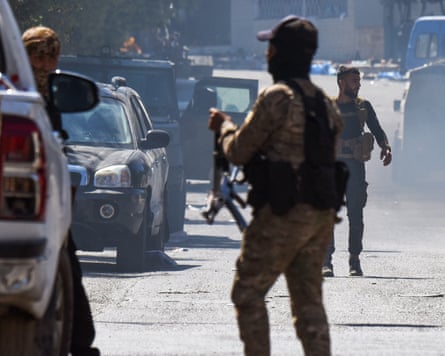
The Syrian army entered Suweida on Sunday in an attempt to restore calm between Druze fighters and Arab Bedouin tribes.
Fighting broke out after Bedouin tribe members robbed a Druze man on the main road south of Damascus, kicking off a cycle of retaliatory violence between the two groups. Intermittent violence between members of the Druze and Bedouin communities has been common in the area in recent years.
Some Druze militias have vowed to prevent Syrian government forces entering Suweida and have attacked them, leading to escalating clashes.
The Syrian defence minister announced a ceasefire on Tuesday, and the three spiritual leaders of the Syrian Druze community issued a statement permitting Syrian security forces to enter Suweida.
The ceasefire was quickly broken, however, and fighting between Druze fighters and government soldiers resumed. Sheikh Hikmat al-Hijri, the most vocally anti-government of the three Druze spiritual leaders, appealed for international powers to help protect the community.
Several civilians in Suweida city described being locked inside their home as fighting continued outside, while electricity and other basic supplies have been cut off.
One 52-year-old English teacher said they had watched as their neighbour was shot dead by a hidden sniper, and that no one could collect the body for fear of being shot.
The Syrian interior ministry said the continued fighting could only be solved by integrating the Druze-majority province into the state and said it came “in the absence of relevant official institutions”.
The killings in Suweida provoked anger among the wider Druze community in the Middle East. Some Israeli Druze in the occupied Golan Heights managing to cross the fence into Syria before being retrieved by the Israeli army. The Israeli military also said that it had reinforced its presence along the Syria-Israel border.
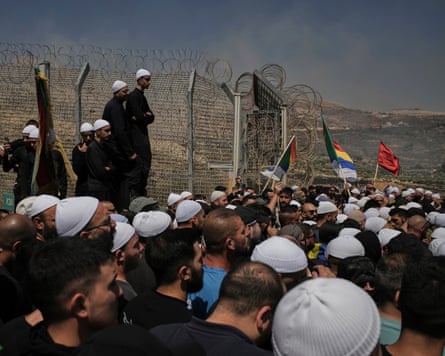
The Israeli prime minister, Benjamin Netanyahu, issued a statement urging people not to try to cross the border into Syria.
“Do not cross the border. You are risking your lives; you could be murdered, you could be taken hostage, and you are impeding the efforts of the IDF,” he said.
Relations between Israel and Syria had begun to thaw before this week, with Israeli and Syrian officials engaging in security discussions and military coordination. Syria’s leadership has hinted it could eventually normalise relations with its southern neighbour.
After the fall of Assad, the Israeli military launched hundreds of airstrikes against military assets in Syria and invaded the country’s south, where it continues to occupy large swathes of territory.

 3 months ago
75
3 months ago
75
